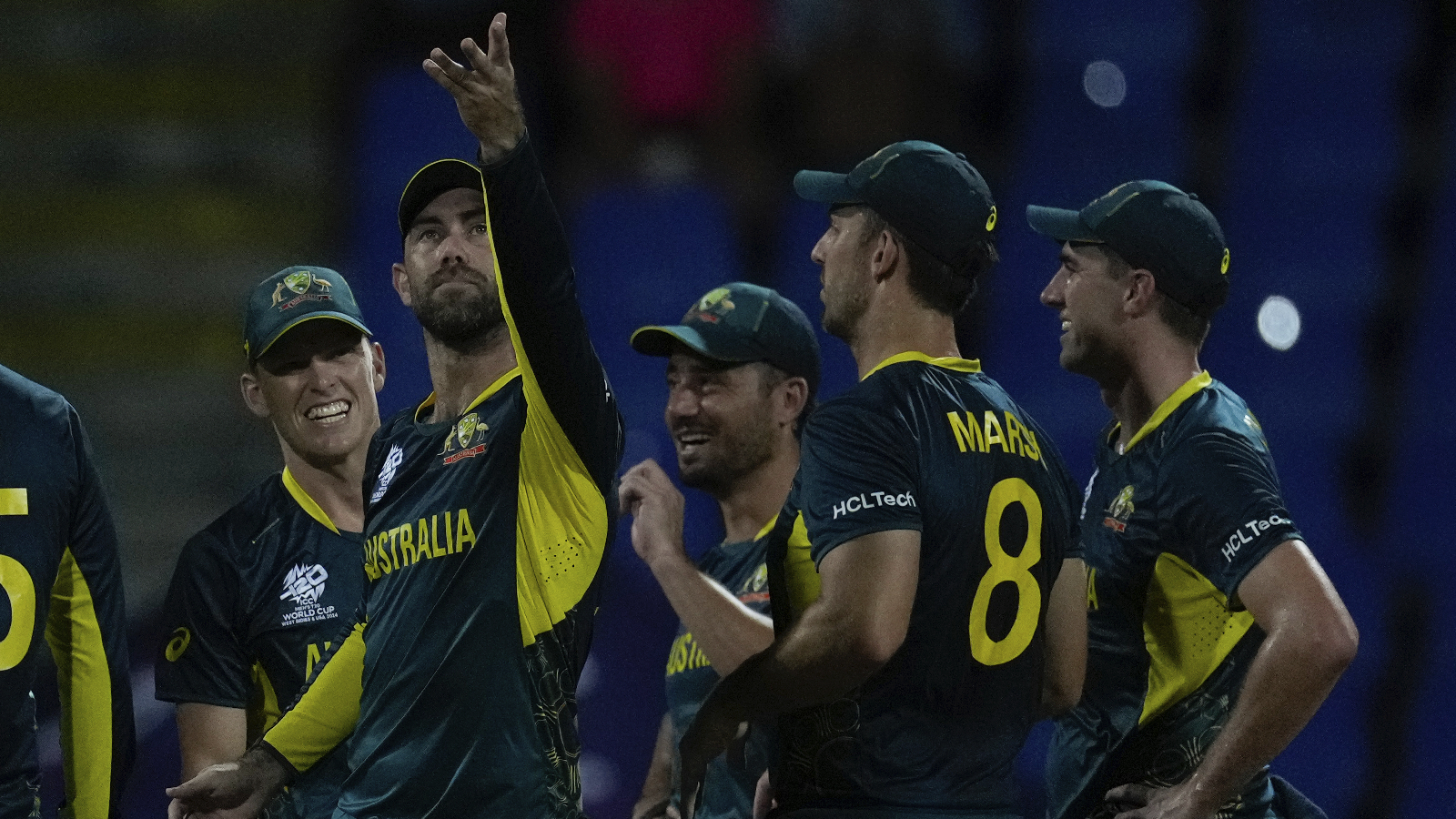T20 World Cup Super 8 explainer: The ongoing World T20 will enter its business end when only eight teams remain in the fray from Wednesday onwards, when the Super 8 stage starts.
The Super 8 stage will see the eight teams pooled in two separate groups where they will play the remaining three teams in their group one time. So each team will play three more matches against their new group-mates.
The top two teams from both the groups will determine the semi-finalists.
What are the Super 8 groups at the T20 World Cup?
In Group A, there are India, Australia, Afghanistan with Bangladesh and the Netherlands fighting for the fourth spot. In Group B, the USA are joined by England, West Indies and South Africa.
How did India and Australia find themselves in the same group at the T20 World Cup?
One of the idiosyncrasies of the ongoing T20 World Cup is that the Super 8 stage is also being held in the round robin format after the initial group stage, which saw 20 teams start in four groups.

But what catches the eye is the fact that India and Australia find themselves bunched in the same group despite both teams topping their groups. Moreover, Australia are carrying a notation of B2 (second seeds from Group B) in in the Super Eight, even though they topped Group B.
Why are Australia retaining their seeding despite topping their group?
The short and simple answer is that the International Cricket Council chose to have seedings for this tournament because it wanted to give travelling cricket fans clarity on where they could watch their team play. This was done because the event is co-hosted by the USA and multiple islands in the Caribbean that form the West Indies.
Was there a loophole in the seeding system for the T20 World Cup?
Yes. Because teams carry the seedings into the Super 8 stage, a team like Australia knew that as long as it finished in the top 2 teams in group B, it would end up in Group A in the Super 8. As cricket dot com dot au points out, the seeding system “has also created a system where there are a number of dead rubbers and results hypothetically open to manipulation. For example, Australia’s progression to and matchups in the Super Eight stage would be unaffected if they were to lose to Scotland in their final Group B clash, although that result would have eliminated arch-rivals England.”
In case a seeded team does get eliminated in the group stages, the next best team takes their spot in the Super 8 groups. This is why Afghanistan are seeded C1 despite finishing second in Group C (because the team that was top seeded in the group, New Zealand, were eliminated. West Indies, who topped the group, are seeded second, because they retained the seed.
In fact, seeding is the only thing that teams are carrying into the Super 8 stage, shedding their points and net run rates from the initial group stages behind.
© IE Online Media Services Pvt Ltd
First uploaded on: 16-06-2024 at 18:13 IST

